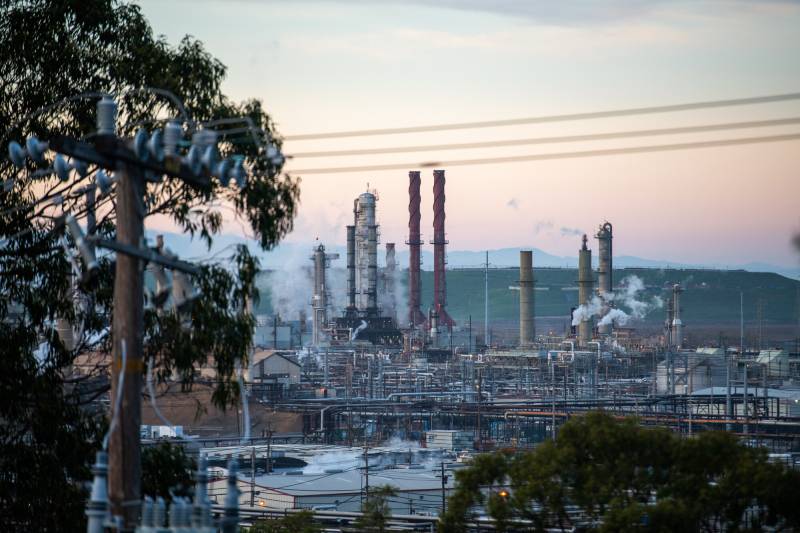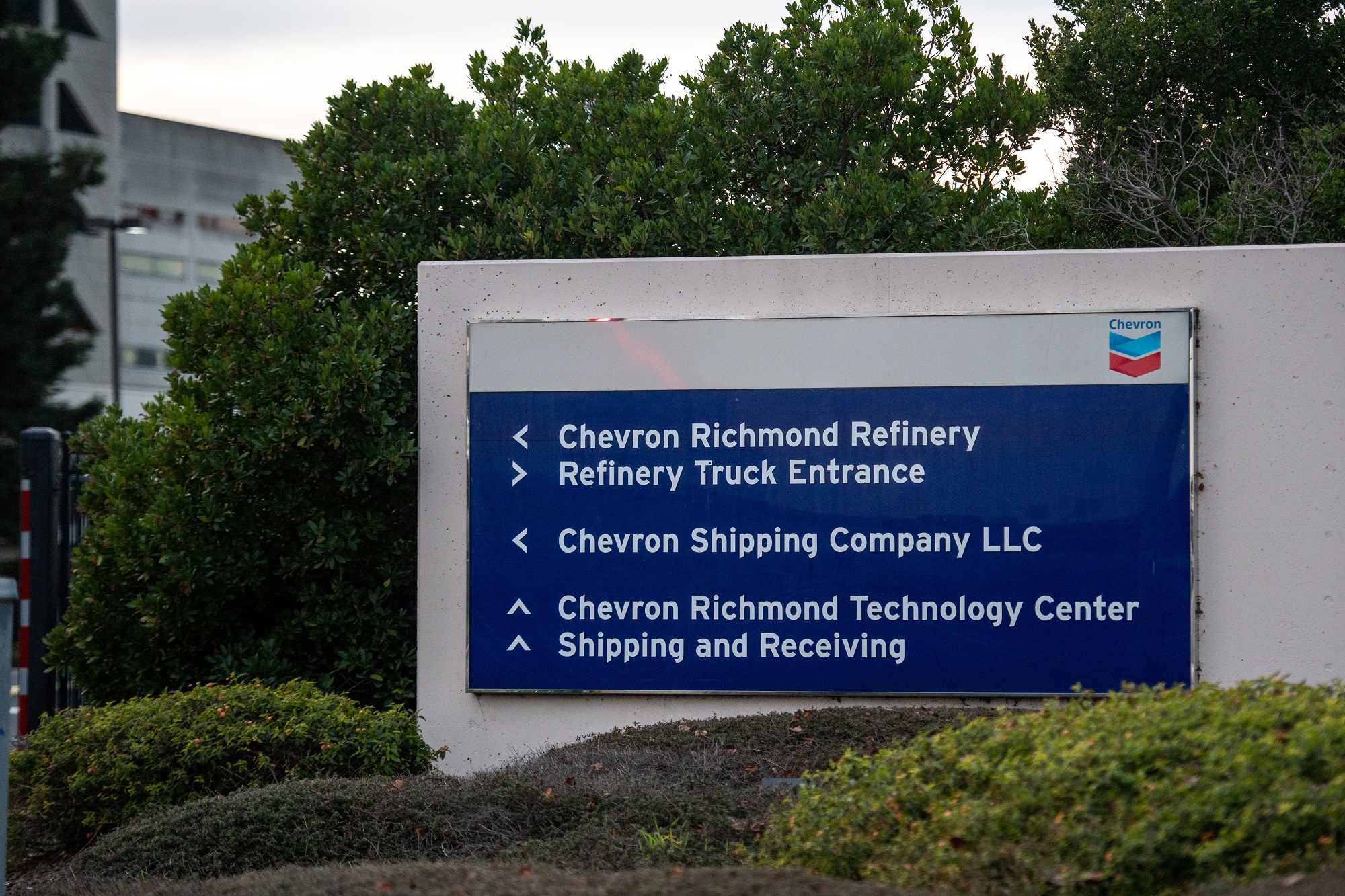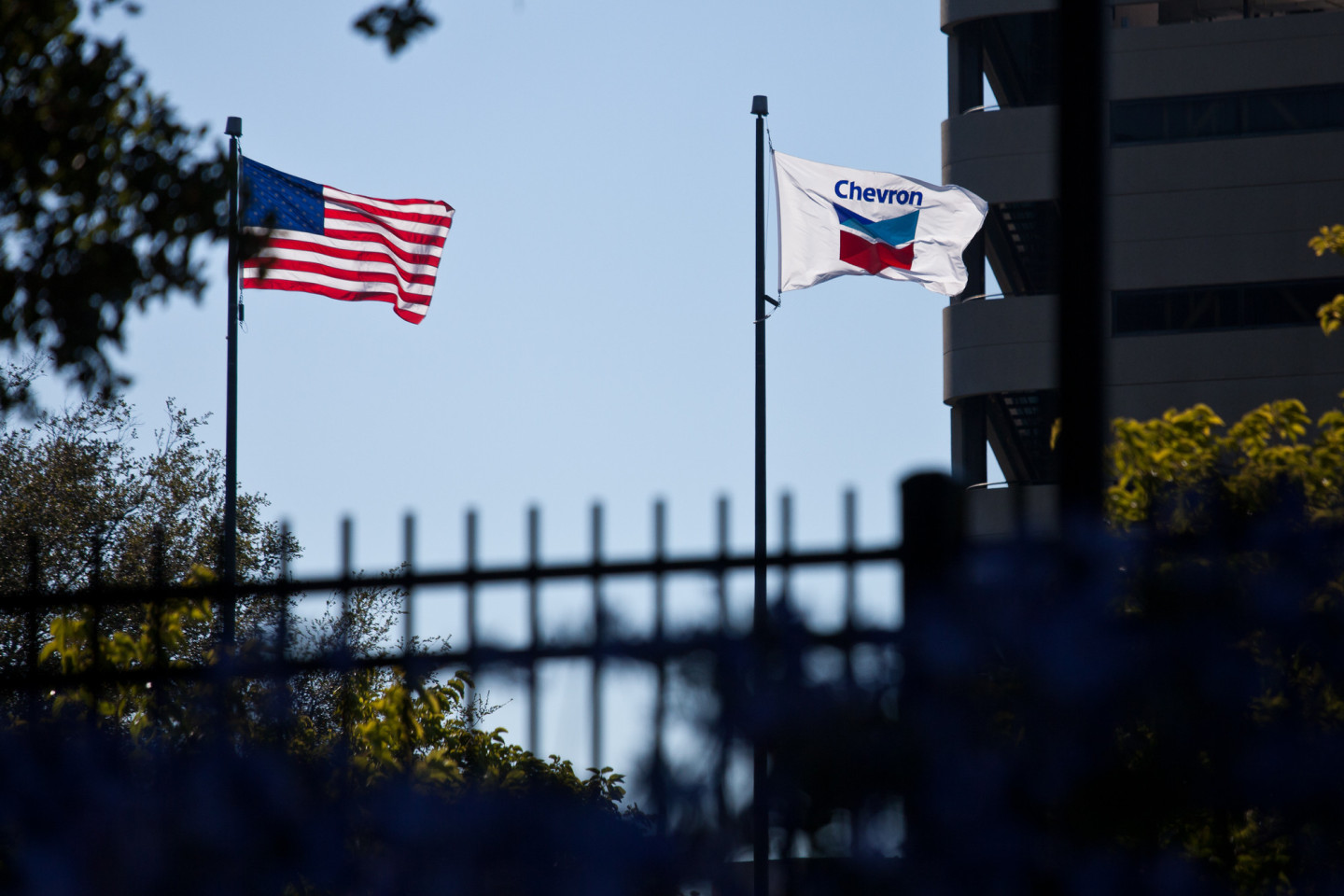The coalition issued a statement that took credit for compelling Chevron to negotiate the deal and celebrated it as a community victory, though its members appeared split on whether to accept it.
“Together, Richmond community groups, families, and workers have forced the city’s largest polluter to offer over half a billion dollars to fund the essential services Richmond communities need today, and plan ahead so that when big polluters close down, our families aren’t left to pay for their mess,” the statement said.
However, Kerry Guerin, an attorney with the Richmond office of coalition member Communities for a Better Environment, urged the council to reject the settlement.
“Our campaign did not approach the city with this concept just so that Chevron would cut a deal that is pennies to them,” Guerin said.
Before voting, the council heard from more than two dozen members of the public, many of whom expressed disappointment the measure would not be on the ballot.
“Richmond voters deserve the opportunity to vote on their own future this November and hold Chevron accountable,” said Martine Johannesen, a city planning graduate student at UC Berkeley. “But if the City Council approves the tax deal, we ask that the council establish a community oversight board to allocate these settlement funds and reserve the use of the funds to advance a just transition for Richmond.”
The deal comes after a Contra Costa County Superior Court judge ruled last week that the city’s proposed wording for the tax measure was misleading and “impermissibly partisan.”
The hastily organized Coalition for Richmond’s Future and a Chevron employee sued the city on June 28, arguing that the ballot description for the measure was both misleading and biased toward support of the tax.
Friday’s tentative ruling from Superior Court Judge John P. Devine agreed on both counts.
The language was misleading, he said, because it contains a laundry list of specific uses — to fund “clean air and water treatment, roads, parks, fire and emergency response, toxic land cleanup, and improving community health and youth services” — despite the fact the revenue will go into the city’s general fund, used primarily to pay employee wages and benefits.
Devine also noted that Communities for a Better Environment, one of the measure’s chief proponents, drafted the language, not the City Council.
“We have a ballot label that was not only drafted by proponents of the measure but whose ballot label also echoes the same messages as advertisement campaigns in support of the measure,” Devine wrote. “…The use of such partisan language impermissibly falls outside the limits of substantial compliance” with the state elections code.
City Attorney Dave Aleshire said in a memo prepared for Wednesday’s council meeting that further legal challenges to the tax measure were likely. He noted that Chevron had already expressed its intention to sue and that a similar tax adopted by the Los Angeles County city of Carson in 2017 is still tied up in court.
“The city disagrees with Chevron’s legal critique but cannot deny that litigation is likely and may be long-lasting and expensive,” Aleshire said.
Several City Council members said they were moved to support the settlement because of the recent conservative turn of the federal courts, which might ultimately rule on the tax measure if Chevron sued.
“I’m not heartened by what’s been happening in the courts, especially on the upper levels, in terms of judgments going, in my opinion, in blasphemous ways when it comes to protecting our environment,” Robinson said.
Correction: This story incorrectly identified a Chevron official who responded to the company’s agreement with the city of Richmond. His name is Brian Hubinger.


